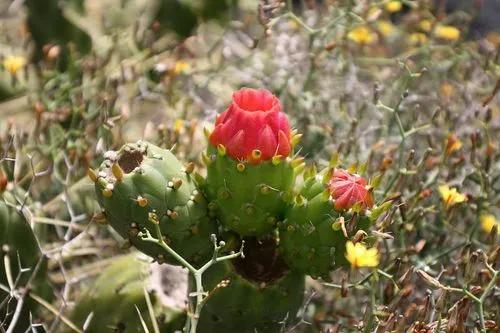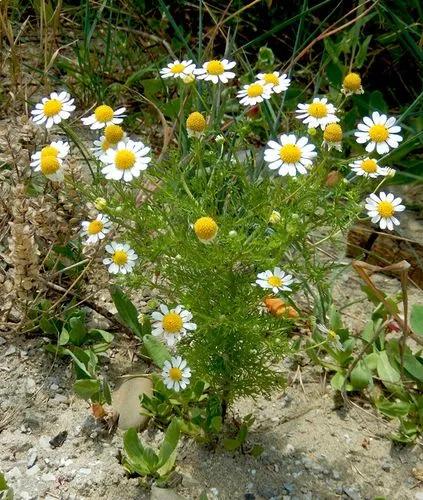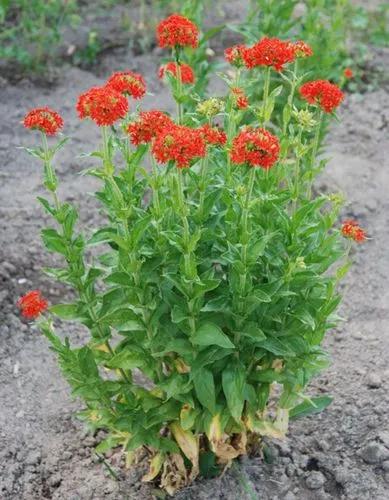Viburnum trilobum -- commonly called American cranberrybush -- is one of those shrubs that has it all. Its foliage and flowers are attractive, and it produces edible fruit that people actually eat. American cranberrybush makes an excellent specimen plant, and several can be grown as an effective hedge. It is typically grown in U.S. Department of Agriculture plant hardiness zones 2 through 7, though some varieties, such as “Baily‘s Compact," is grown in zone 8. When American cranberrybush is left unpruned, it can reach up to 15 feet tall and 12 feet wide. Prune yours to keep its size and shape under control.
American Cranberrybush Viburnum Care
Viburnum Trilobum



How to Care for the Plant

Water

Water weekly in the absence of rain during the first year. In subsequent years, you only need to water during prolonged dry spells.

Pruning

Prune an American cranberrybush just before the buds swell in late winter or early spring, or wait to prune it immediately after flowering. Do not prune more than one-third of the bush at this time. You can prune more branches the next year.

Fertilizer

If you have good soil, the plant probably won’t need fertilizer. If you notice that the leaf color begins to fade, use a small amount of nitrogen fertilizer. Too much nitrogen inhibits fruit. Alternatively, work an inch or two of compost into the soil.

Sunlight

Full sun and partial shade are best for this shrub, meaning it prefers a minimum of 4 hours of direct, unfiltered sunlight each day.

Soil

The American cranberrybush viburnum grows in acidic, loamy, moist, rich, sandy, silty loam, well-drained and wet soils.

Temperature

The american cranberrybush viburnum can be expected to grow in Hardiness Zones 2–7.

Additional

Large quantities of the fruit can cause vomiting and diarrhoea. The fruit is of very low or zero toxicity, it only causes mild upsets when eaten unripe or in large quantities

Popularity

34 people already have this plant 9 people have added this plant to their wishlists
Discover more plants with the list below
Popular articles






